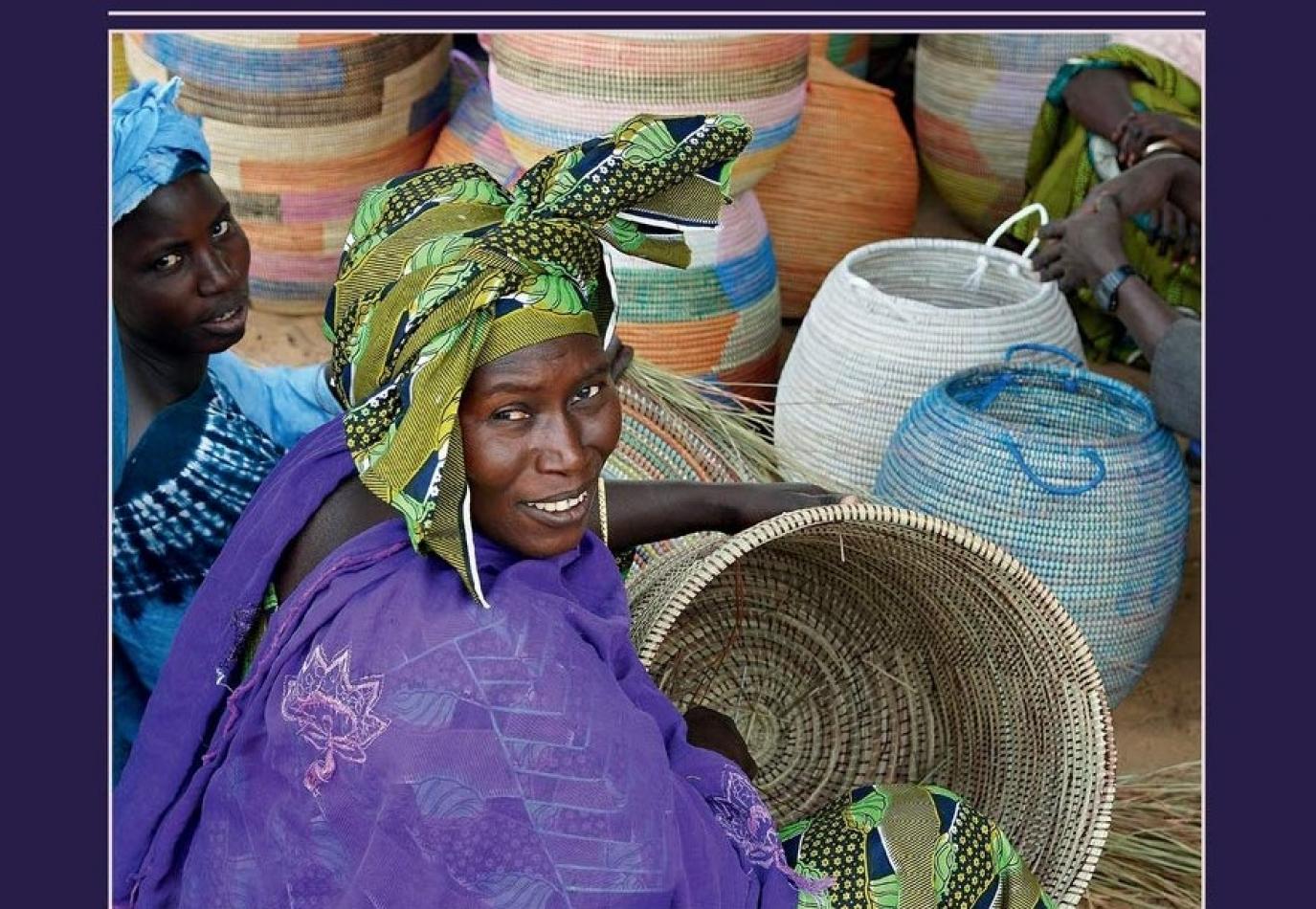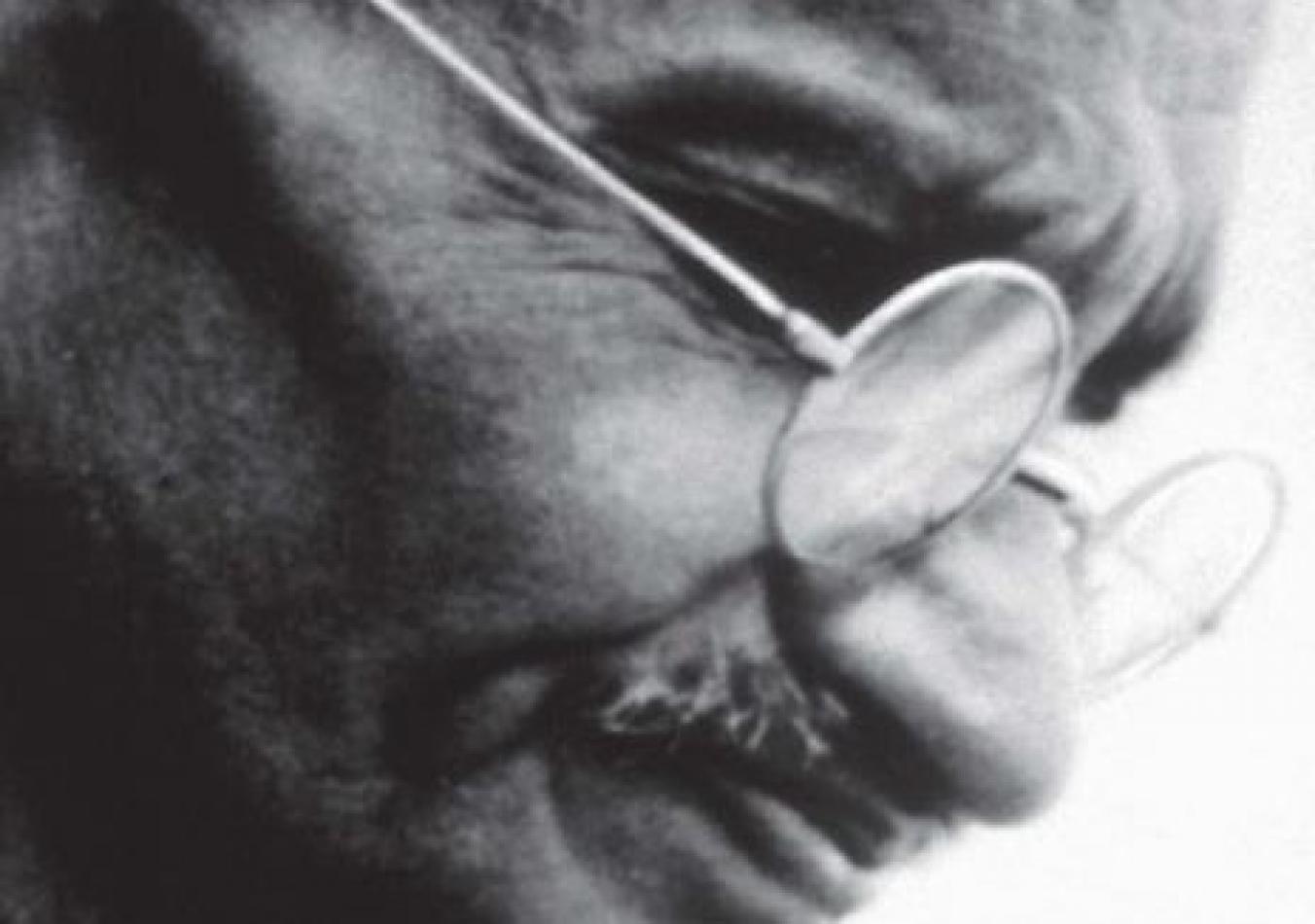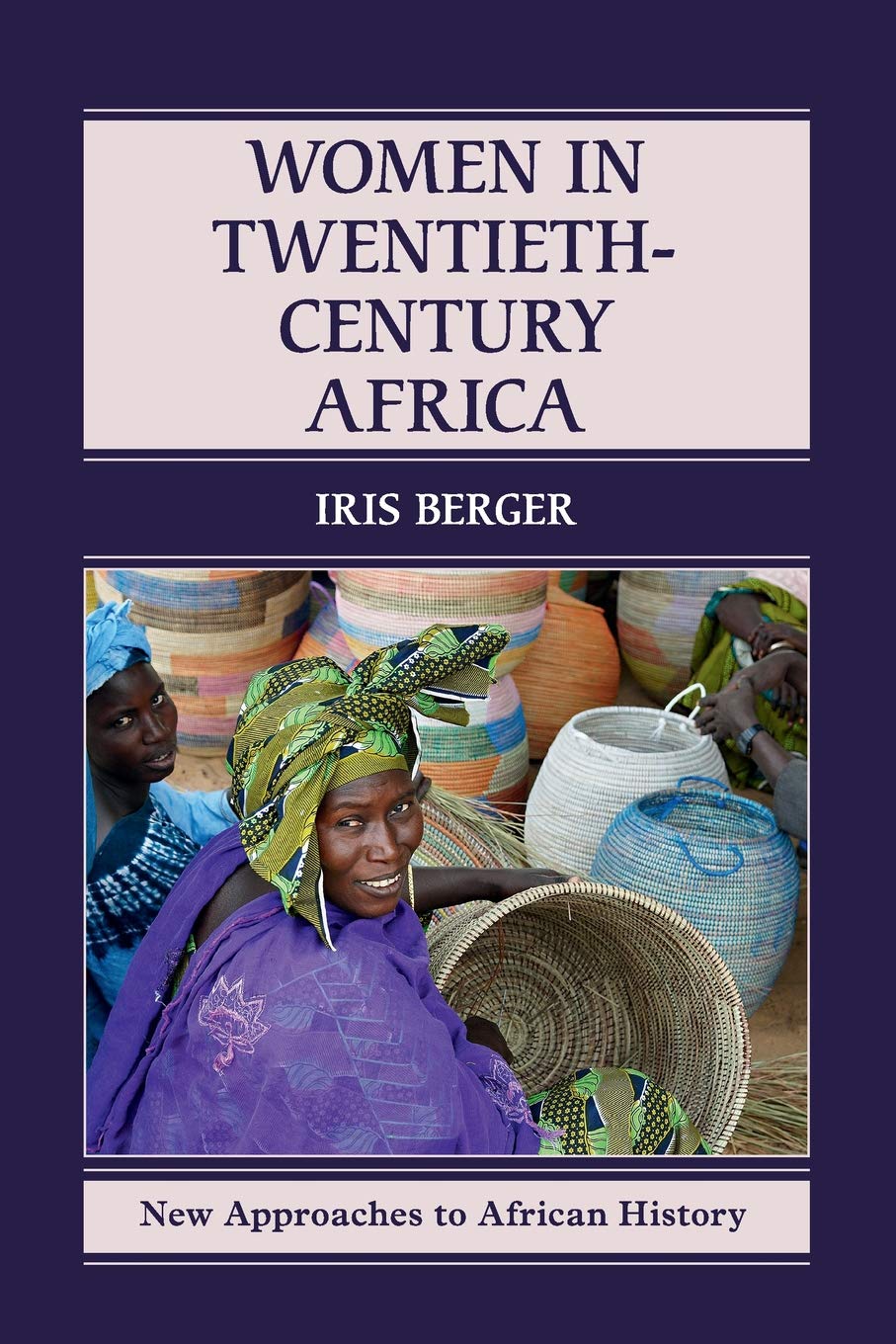Daniel Comboni
Missionnaires Comboniens
Zone institutionnelle
D’autres liens
Newsletter
During a turbulent colonial and postcolonial century, African women struggled to control their own marital, sexual, and economic lives and to gain a significant voice in local and national politics. This book introduces many remarkable women, who organized religious and political movements, fought in anti colonial wars, ran away to escape arranged marriages, and during the 1990s began successful campaigns for gender parity in national legislatures.
The book also explores the apparent paradox in the conflicting images of African women, not only as singularly oppressed and dominated by men, but also as strong, resourceful, and willing to challenge governments and local traditions to protect themselves and their families. Understanding the tension between women's power and their oppression, between their strength and their vulnerability, offers a new lens for understanding the relationship between the state and society in the twentieth century.
Iris Brown Berger was born on 12 October 1941 in Chicago, Illinois. Berger began teaching in Kenya at the Kaaga Elementary School, the Kenya-Israel School of Social Work, and the Machakos Girls' High School. When she returned to the United States she was appointed as an assistant professor at Wellesley College. Berger became a visiting assistant professor at the State University of New York at Albany in 1981, assistant professor three years later, associate professor in 1989 and full professor four years after that. She was director of women's studies from 1981 to 1984 and developed an M.A. Certificate in Women and Public Policy. She then was appointed as the director of the Institute for Research on Women from 1991 to 1995. Berger was elected president of the African Studies Association for 1995–96 and has published three books on African social, gender and class history as of 1996.





